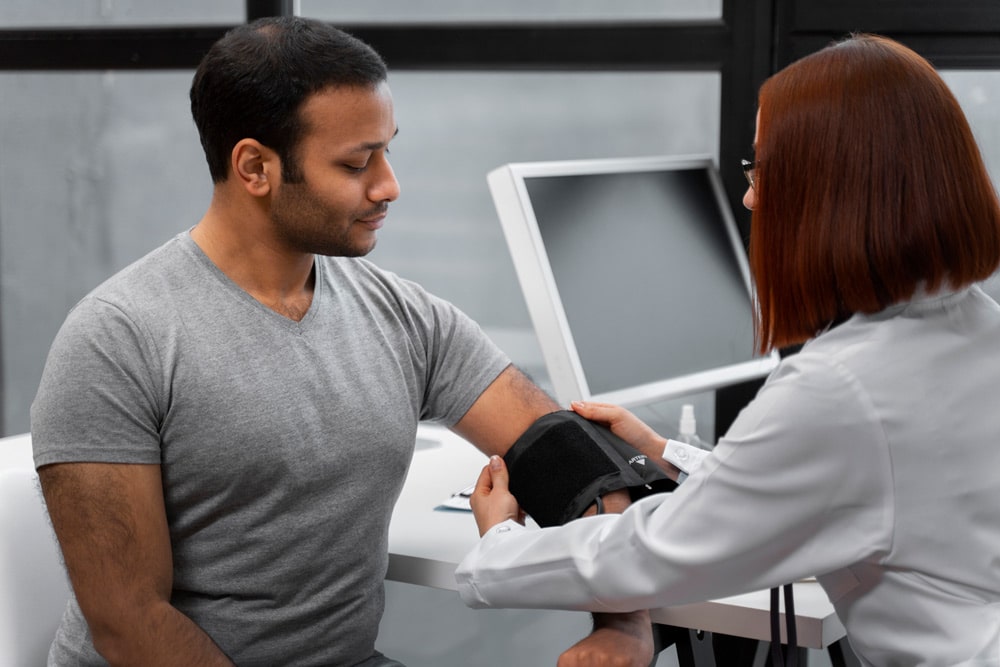We are going to delve into one of the characteristics that we study in our DNA testing for sports performance report: delayed onset muscular soreness. To date the origin of delayed onset muscular soreness is not known with certainty. However, there are theories about how they are formed.
A few years ago it was believed that lactate crystallization was responsible for causing delayed onset muscular soreness. The lactate crystals would act like small needles that would prick the muscles causing that feeling of soreness.

But let's start at the beginning, what is lactate?
To understand the theory of lactate crystallization we have to know that metabolism can choose the aerobic or anaerobic pathways depending on whether or not the metabolism has oxygen.
In metabolism, a large number of chemical reactions take place where some molecules are used to originate others. It is a really complex mechanism. Among all that complexity, we are only going to stay with the name of a molecule, the lactic acid. Lactic acid or lactate originates through the anaerobic route as a product of the degradation of glycogen (energy reserves).
And why do we only feel them when we do a lot of sport? This is where the oxygen supply is important. Lactic acid only occurs when oxygen is not available for metabolism, that is, when the supply of oxygen to the muscles decreases as a result of intense exercise.

Recently this theory has been discarded since there is an extremely rare disease, McArdle's disease, which is characterized by the inability to degrade glycogen (obtaining lactate from glycogen). People with this disease experience delayed onset despite not being able to degrade glycogen.
The theory most supported by the scientific community defends that delayed onset muscular soreness could be caused by muscle pain and inflammation suffered as a result of small micro-rupture of muscle fibers. In muscle cells we have a protein called creatine kinase that is released into the blood when muscle damage occurs. This new theory is supported by studies in which they associate high levels of creatine kinase in the blood with delayed onset muscular soreness and muscle damage.
Access your report of ADNTRO buying your DNA test and know your genetic predisposition to suffer from stiffness.














